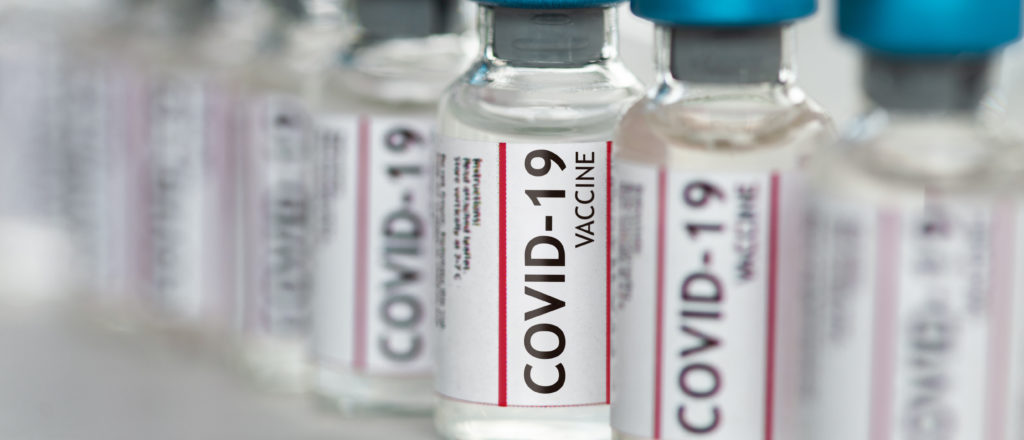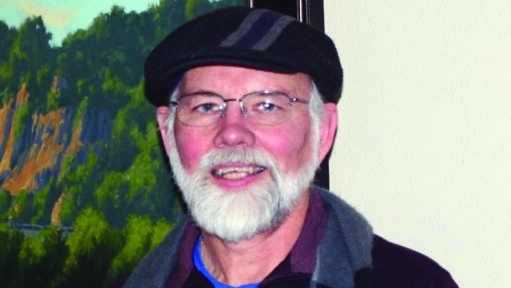Modern Medicine’s Promising COVID Vaccine
West End Healthline
By Jonathan Colin Rizo, MD, PGY2
In December 2020, The BioNTech-Pfizer BNT162b2 and Moderna mRNA 1273 vaccines were granted emergency use authorization for the prevention of COVID-19. The rapid development of these new vaccines was expedited in part because of previous gains made in the research for the vaccines used to prevent SARSs and MERS, both of which are forms of coronaviruses.
How It Works
Recognizing that a “spike protein” common among all these coronaviruses’ strains played a role in attaching to human hosts and facilitating infection, scientists developed vaccines to target that protein. The recipe to produce this protein is written as code in mRNA, our natural protein-building machinery. When we have been infected by the virus or given the vaccine, our mRNA builds the spike protein and releases samples of it into the body. Your body then recognizes the protein and mounts an immune response to neutralize it. The vaccines essentially allow your body’s immune system to practice and learn how to neutralize the coronavirus using harmless versions of some of its components so that your body can mount a quick and efficient immune response when it is encountered in earnest. While some conspiracists have shared wild theories about phantom dangers involving the virus “reprogramming” one’s DNA, the truth is that the mRNA never enters the nucleus of the cell, where human DNA is stored, or makes any changes to it another way. mRNA is only used to produce a protein and then recycled into basic building blocks.
The Evidence
The first human clinical trials for the BioNTech-Pfizer vaccine began as early as March 2020 and have consistently shown excellent efficacy. In a study including over 21,000 vaccinated participants, it was found to be 95% effective in preventing COVID seven days after the second dose. Only 1 of the vaccinated individuals in this study developed a severe case of COVID, which was non-fatal. Similar efficacy between 90-100% was observed across groups of all ages, sex, race, ethnicity, BMI, and presence of co-existing conditions.
Adverse effects have often been misinterpreted in popular media. Side effects are oftentimes a clear sign that the body is mounting an appropriate immune response against the foreign vaccine. Among participants younger than 55 years of age: 16% had a fever, 4% had severe fatigue, 3% had a headache, and 2% had chills after the second dose. These side effects are even less common in older adults and can often be treated by over-the-counter analgesics. People who have experienced allergic reactions with other vaccines or injectable therapies are at higher risk of an allergic reaction and are routinely monitored for 30 minutes after receiving the vaccine. Serious allergic reactions known as anaphylaxis are rare and reported to be occurring at a rate of 11 per 1 million doses. Some highly “adverse events” such as Bell’s Palsy, which was noted in the phase 3 trial at a rate of 4 of 23 thousand participants, were highly misinterpreted in highly publicized media coverage, creating unnecessary fear when, as was the case with Bell’s Palsy, the rate it occurred in the study matched that of the general population.
My Experience
After a long year taking care of clinic and hospital patients at Allina Health United Hospital, I was delighted and relieved to receive my second dose of the vaccine. The only side effects I experienced were a sore arm and multiple likes and comments on my Facebook and Instagram vaccine selfie. I hope that enough people in this country become vaccinated to bring the pandemic to an end. Vaccines have completely eradicated Polio, and nearly eliminated others, like Measles, Mumps, Tetanus. In 2019 vaccine hesitancy was cited by the WHO as a top 10 global health threat. Misperceptions of corners being cut and misinformation about the severity of the disease, vaccine safety, and utility are threatening this world’s public health recovery. I encourage everyone to read up on the facts and advocate for our community health. More information is available at cdc.gov/vaccines/covid-19
Colin Rizo, MD, works at Allina Health United Family Physicians. You can scheduled an appointment with him at 651-241-5200.




